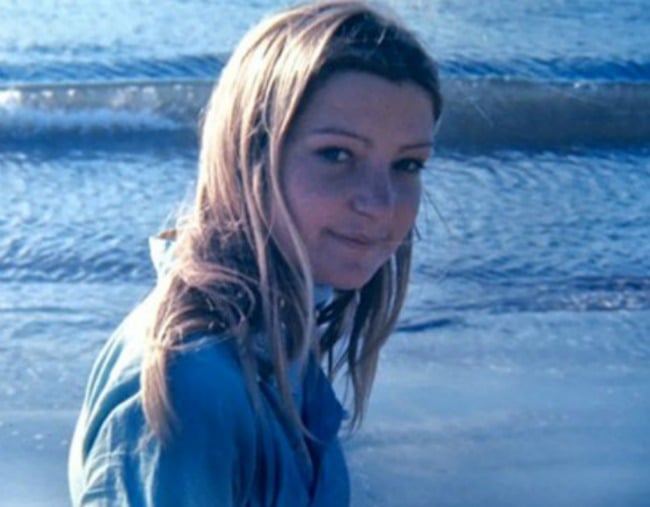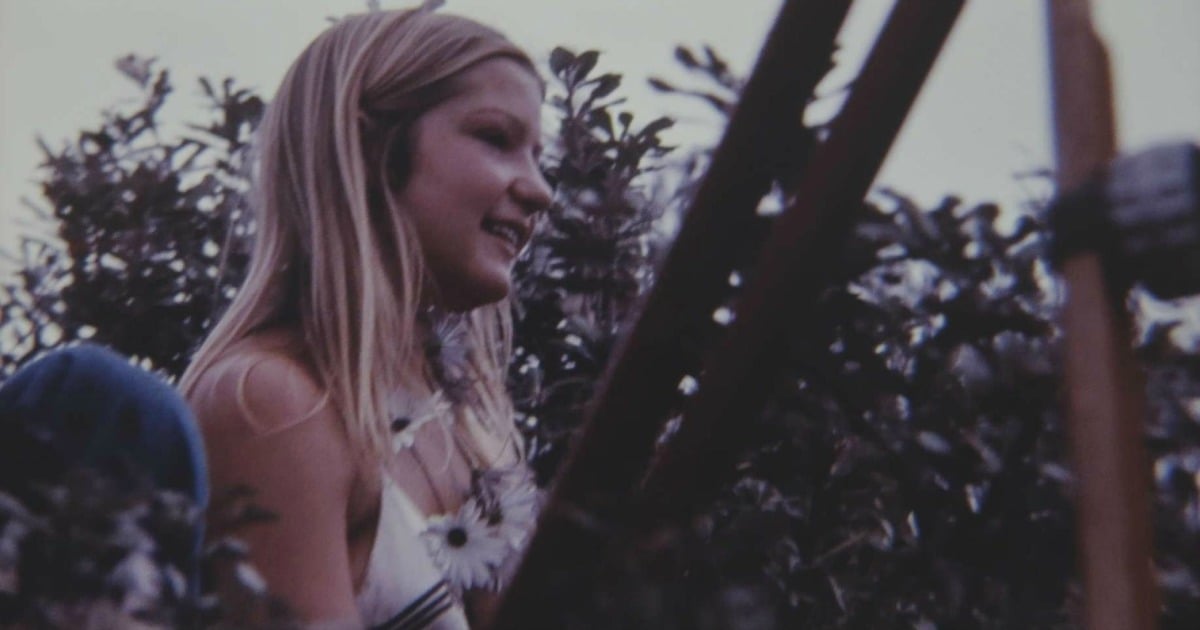
Trudie Adams was 18 when she went to a party at the Newport Surf Lifesaving Club, asking her mum, Connie, to wait up for her.
It was a Saturday night in June, 1978.
When Trudie left the Newport dance party early, she planned to hitchhike home – as many young women did back then – and just after midnight, her ex-boyfriend, Steven Norris, saw her get into a car on Barrenjoey Road. It was the last time anyone would ever see Trudie Adams.
In the 40 years since her disappearance, a man named Neville Tween has long been the prime suspect in Trudie’s presumed murder. He was, however, never asked a single question about the case until 2009 – despite being suspected of two murders in the ’80s, and being charged with more than 100 crimes – many of which took place on the northern beaches.
So why wasn’t he questioned?
According to Unravel, an ABC podcast about the disappearance of Trudie Adams, Neville Tween had close ties to Australian Federal Police officer, Mark Standen. While this friendship likely hadn’t emerged in the late 1970s when Trudie first went missing, the connection between the two was reportedly clear by the time of a 2008 police investigation into Trudie’s case.
When NSW detective Jayson McLeod started to look into a number of northern beaches crimes in 2008, he turned to the Crime Commission’s top investigator, Mark Standen.
“I provided Mark Standen with my investigation plan, as to how I was intending to gather evidence against Tween,” he says on Unravel.
McLeod says over the next few weeks, Standen seemed to be delaying any action into the case.
It was then that McLeod claims he discovered that Standen’s son, Matthew, had applied to join the NSW Police Force, using Neville Tween as a reference.





























































































